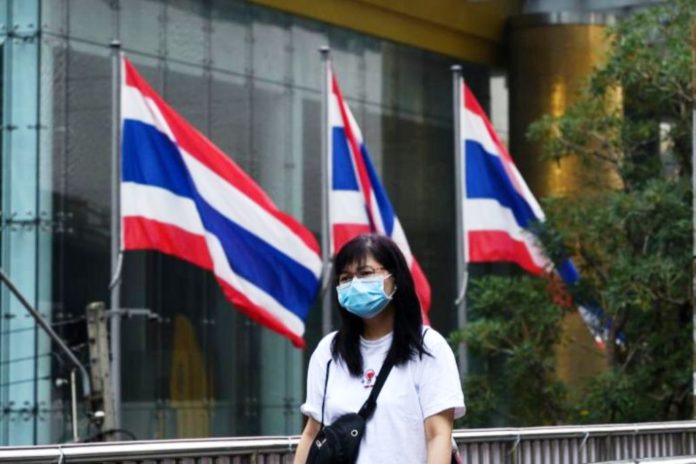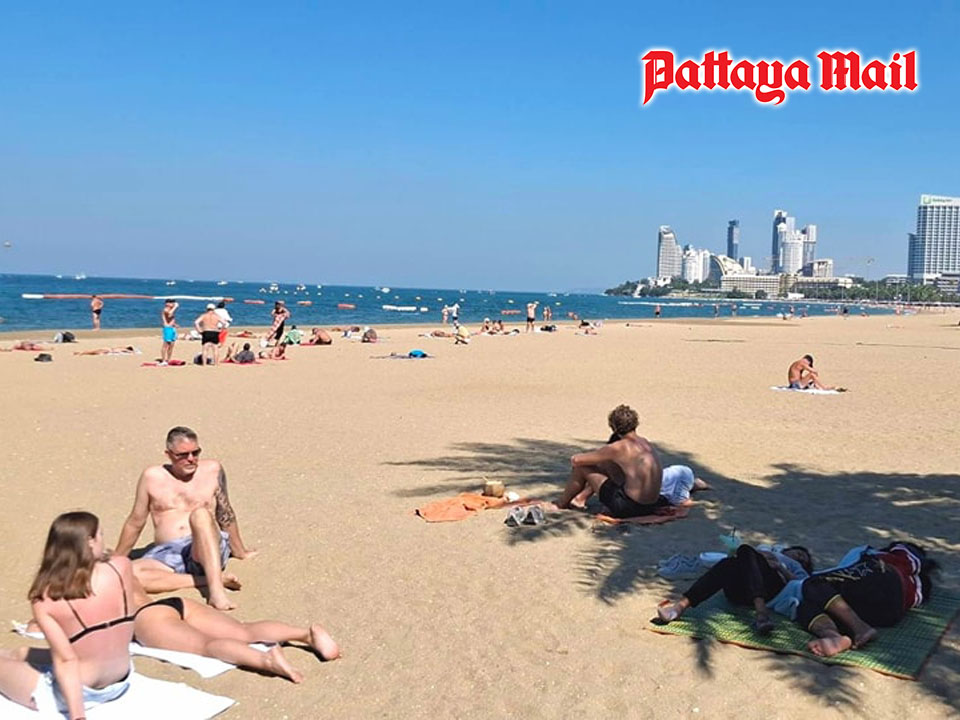
May I see your vaccine passport? You will be asked to demonstrate proof of shots everywhere -- be it airports, shops or events -- until the coronavirus outbreak is kept at bay. If you leaf through history, you will find their predecessors. In the past, travellers carried international certificates of vaccination to show at the port of entry when they visited yellow fever risk areas such as Africa and Latin America.
No sooner had the Covid vaccination campaign begun at the end of last month than Prime Minister Gen Prayut Chan-o-cha ordered officials to look into the future use of vaccine passports. Last week, the national committee on communicable diseases gave the green light to the proposal for travel permits that show vaccination status. Public Health Minister Anutin Charnvirakul said those who get two doses of Sinovac's jab will be the first to receive vaccine certificates. In case they want to go abroad, they can use them to apply for one-year vaccine passports or yellow cards in print or digital format at a cost of 50 baht. However, whether authorities in other countries will accept them is another matter.
This came on the same day as China rolled out its own vaccine passport for its citizens to travel within and outside the country. It is being launched to promote economic recovery and cross-border travel, but there is no indication that authorities in other countries will accept the passports. The US, the UK and those in the European Union are considering similar permits.
The World Health Organization (WHO), however, warned that countries should not adopt them for international travel due to numerous concerns at present, including the fact that coronavirus vaccines are not available on an equitable basis. It previously issued a caution because there are unknowns about the efficacy of vaccination. In light of this, Life sat down to talk with researchers about its repercussions.
Into the unknown
Assoc Prof Wanrudee Isaranuwatchai, director of the Health Intervention and Technology Assessment Programme (Hitap), the semi-autonomous research unit under the Ministry of Public Health, and lecturer at the University of Toronto's Institute of Health Policy, Management and Evaluation, said that while passports are official travel documents, certificates are much broader in that they may or may not have legal effects. They must be verified by relevant authorities before being accepted for travel arrangements.
"When people talk about passports, they should recognise the level of agreement among all the countries that need to be put in place. A certain type of agreement -- be it bilateral or multilateral -- is needed to operationalise them," she said.
Hitap has received funding from the National Research Council of Thailand to work on the project "Establishing Covid-19 Vaccination Policy Research and Decision Support Initiative in Asia (Coresia) and Regional Study on Immunity Passports".
At the time, people started asking questions about the benchmark for vaccine passports due to differences between vaccines in efficacy and changes in efficacy against new variants. Will we accept only some types of vaccines? Will other countries approve ours? Earlier this month, Gen Prayut said no conclusion has been reached that would guarantee the vaccine passport system would be effective when implemented at the international level.

Wanrudee Isaranuwatchai, director of the Health Intervention and Technology Assessment Programme (Hitap). Thana Boonlert
Wanrudee said these are questions for the entire community. She avoided using the term "benchmark" because there are many uncertainties about the coronavirus pandemic. In addition, vaccine research is a work in progress. However, she cited target product profiles published by the WHO in April last year. They highlight minimum and preferred requirements for Covid-19 vaccines. For example, the vaccine's duration of protection should be at least six months, but preferably a lifetime.
"At any given point in time, we can only make the decision based on the amount of information we have. We are working with our partner countries to propose the minimum data set for what passports should contain, for example, vaccine name, number of doses, and date of inoculation. It may not be the final decision. Everything is changing really quickly. If the vaccine is approved by the FDA, I can see why that [criterion] is very helpful," she said.
Sarin KC, the project associate of Hitap, explained that vaccine efficacy breaks down into three parts -- reducing susceptibility, severity and transmission. However, at this stage, researchers need more information, especially on transmission.
"We can't say that having a vaccine passport will actually prevent someone from transmitting Covid-19. Moreover, it is not the job of the vaccine passport, but the vaccine," he said.
Sarin also drew attention to legal and ethical issues because vaccine passports can discriminate against those who are not currently on the priority list of vaccination, including a large proportion of the working population, migrants and informal workers. Moreover, the WHO does not recommend children under 16, pregnant women or those with certain medical conditions for inoculation until further evidence is gathered. It may lead to social stratification between the haves and have-nots.
"If vaccine passports are implemented within each country, will some [unvaccinated] people be denied access to sporting events or temples? These are hypothetical situations. We don't want people to be handicapped or disabled, not in a literal sense, in terms of freedom," he said.
However, the adoption of vaccine passports at the domestic level is now under way. With the world's highest Covid-19 vaccination rate, Israel has been launching green passes for those who have had two doses of vaccine or recovered from coronavirus infection since the country eased restrictions on Feb 21. Shops welcome the general public, but leisure facilities like concerts, gyms, swimming pools and theatres are only open to those who have green passes.
Wanrudee added that despite concerns, we should not dismiss vaccine passports, but the point is the public should be informed of unintended consequences. It comes down to how much risk they are willing to take on the condition that they are informed. She said vaccine and vaccine passports are the "light at the end of the tunnel", but "we don't know how long it [the tunnel] is and nobody knows what is going to jump in before you arrive at the end".
Vaccine rollout is key
Meanwhile, Somchai Jitsuchon, research director for inclusive development at the Thailand Development Research Institute, said inequalities in vaccine passports are not worrying if the mass vaccination campaign goes according to plan. It will build up 70% of herd immunity in people aged over 18 by the first quarter of next year. Young children will be vaccinated later because they are at lower risk.
"We will see the private sector import vaccines in the next two months, but they will be costly. Those who can't afford private jabs will raise questions. The point is how fast the government can distribute vaccines because private hospitals can import them in small numbers," he said.
The government has sought at least 63 million doses to cover half of Thailand's population by the end of this year. While Sinovac began shipping 2 million doses in February that will conclude in April, AstraZeneca will deliver 26 million doses from June to August and 35 million doses from September to December. The FDA is reviewing applications from Johnson & Johnson and Bharat Biotech Technology. The Ministry of Public Health plans to inject 10 million doses per month from June onwards. A total of 44,409 people in 13 provinces were vaccinated from Feb 28 to March 12.
Somchai, who serves on the board of directors at the National Vaccine Institute, said the import of vaccines by the private sector will speed up herd immunity and free up state-sponsored quotas for others. Even those who are not priority groups because they don't live in at-risk provinces and tourist destinations will enjoy benefits from an overall improvement in economic outlook. Vaccine passports will ease restrictions and help resume normal activities -- especially international travel -- because it will waive or shorten quarantine or remove some requirements for foreign visitors.
"Thailand will benefit tremendously because it is betting on tourism. For instance, Phuket insisted that quarantine should be scrapped, but the government may not agree to its demand for now. If there is no accident, vaccine passports will likely be in use," he said.




















